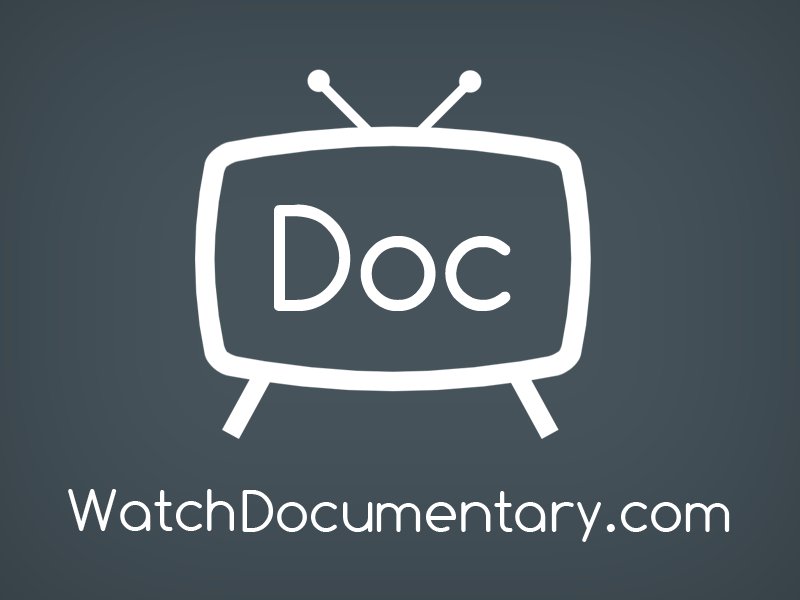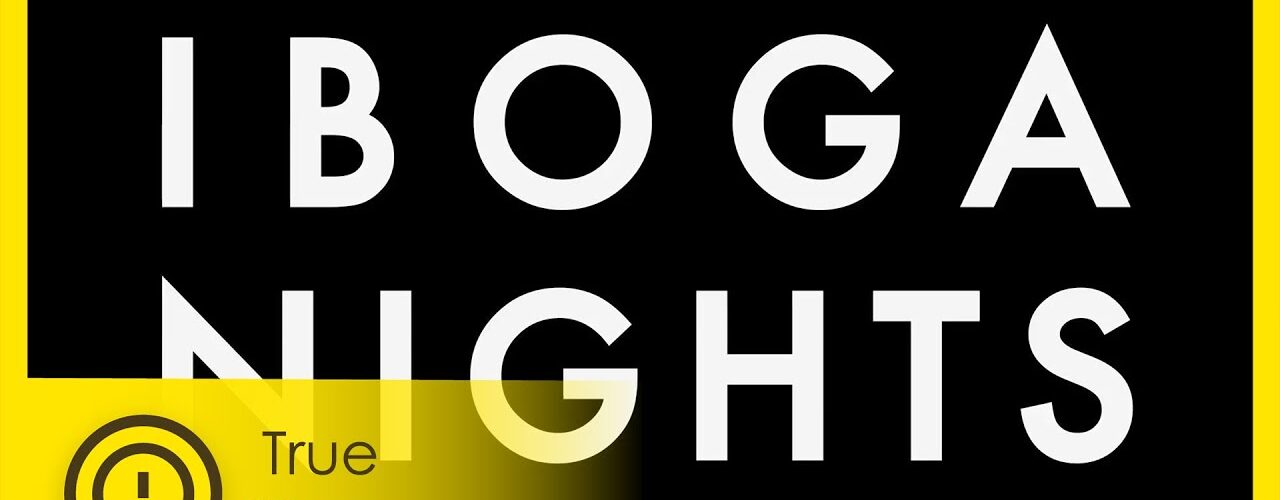In the 1980s, David Graham Scott embarked on a journey of experimentation with both film and drugs, leading him down a path of addiction and purposelessness. Fascinated by the lives of drug addicts, he began to see their existence as akin to a dark cult.
However, a radical method caught his attention – one utilized by certain African tribes in their religious practices. In 2003, David opted for this unconventional approach to break free from his long-standing opiate addiction, turning to the psychedelic plant root known as iboga.
The detox process proved to be a grueling 36-hour ordeal, delving deep into primitive states of consciousness where he confronted both terror and enlightenment. Yet, upon completion, he emerged feeling revitalized and transformed. The psychedelic therapy appeared to offer him a profound breakthrough.
Inspired by his experience, David created a documentary titled ‘Detox or Die,’ inadvertently becoming an advocate for ibogaine, the pharmaceutical name for the plant. His film garnered widespread attention, with countless individuals reaching out to express gratitude for inspiring them to confront their own addictions.
This sparked a movement in the West, touting iboga as a fast-track solution to addiction, particularly to opiates. Described as an ‘addiction interrupter,’ it promised a swift and effortless withdrawal process, contrasting sharply with conventional treatments lasting up to 90 days. Some hailed ibogaine as the ‘most significant discovery in the history of addiction medicine.’
Seeking to ascertain the truth behind the hype, David embarked on a personal quest to evaluate ibogaine’s efficacy objectively. Driven by a sense of responsibility to those reaching out for help, he endeavored to uncover the treatment’s genuine potential and separate fact from fiction.





Add comment